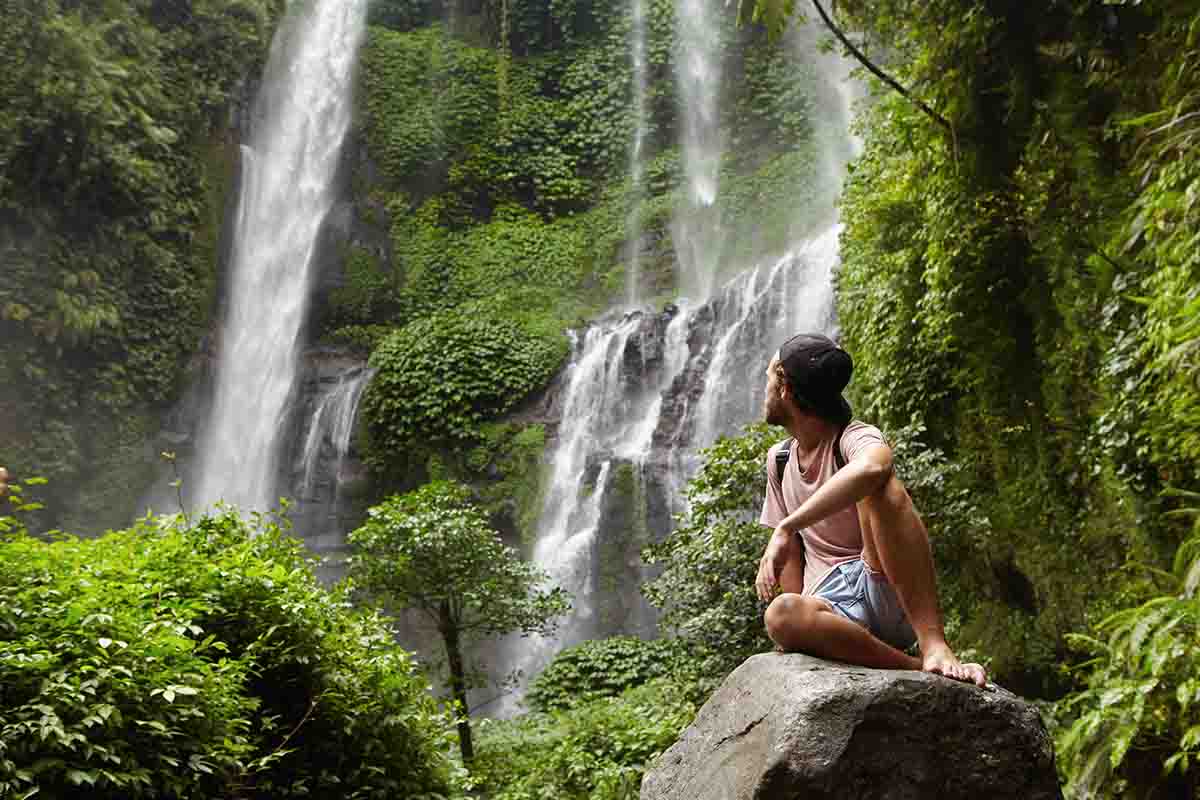How Will Post-Covid Tourism Be Changed?
The pandemic has been an unprecedented and unexpected cataclysm for the sector. In this context, the limited public debate and prospective analysis are striking, and the lack of clarity and regenerative scope in the initiatives that have been proposed.
Despite the shadows cast by the current model, the measures taken up to now have been focused almost exclusively on the short term (reactivation), ignoring the long-term issues. Linked to this, and although the evolution of social distance and its impact on tourism in the coming years is still uncertain, there are beginning to be concrete indications of a change in the conceptualization that people make of travel as a personal necessity and routine.
Shaping the Future of Tourism
This research carried out from numerous universities state:
- A co-creative and deliberative process on the sector’s future scenarios and the necessary structural changes, in which 30 experts in tourism management have participated.
- The surveys’ analysis was carried out with 880 tourists of different nationalities on how their travel intentions and motivations have changed.
During May, June, and July 2020, the experts participating in the research outlined the probable scenarios and tourism evolution. Critical nuances were defined in these scenarios, and recovery opportunities for the sector were identified. This process’s conclusions predict a slow recovery (between 36 and 42 months to reach numbers of trips similar to those of 2019) in an economic environment of recession and uncertainty.
The pandemic’s disruptive effect will be, comparatively, much higher and more lasting in tourism than in any other sector, which, paradoxically, can lead to the definition of public and private actions that contribute to redefining the industry. Many businesses within the hospitality sector have had to close their businesses, including hotels and affecting sectors such as vacation clubs. You can find more information through entrepreneur Markus Wischenbart.
Post-Covid tourism: Smart and Consensus Tourism
In the opinion of experts and managers of the sector, they stand out as great opportunities to reconfigure and regenerate it:
- The highest levels of circularity in provisioning.
- The growing interest in minimizing environmental impacts.
- The rise of experiential tourism offers more immersive, rich in creative, cultural, and educational content, and ultimately more transformative.
- The use of technology to personalize and enrich the use of travel.
Niche tourism is expected to grow significantly and, in phases still distant in time, longer stays and away from the usual tourist centers. There is consensus among experts that a new social agenda in tourism will likely emerge, with:
- New employment implications for workers in the sector.
- Greater prominence of the cultural and artisanal field in the definition of the tourist product.
- Reinvestment at the local level.
- Increase in regional tourism sovereignty.
This last point would influence issues such as the overexploitation of the tourist destination or the management’s extractive nature (without reversing economic benefits or creating social capital in the destinations) present in the current tourist activity. Post-pandemic tourism is therefore expected to be, in a nutshell, smart and consensual. However, there is no doubt that we will see it thrive once again.



















